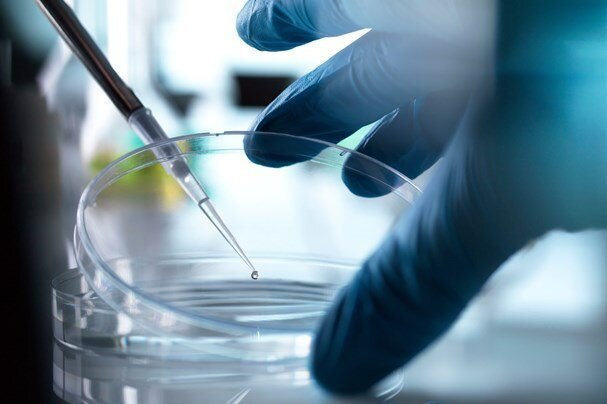Nowadays, considerable effort is made to overcome bacterial diseases and combat bacterial resistance. In this context, development of safe and efficient antimicrobial wound dressings which can selectively fight against the bacteria and decrease disruption of normal cells such as red blood cells in wound bed is highly required.
To that end, a group of researchers at Iran’s Royan Institute and the University of Tehran carried out a study in which a series of ammonium salts of alginate were prepared and the role of different counter-cations including sodium, triethylammonium, tributylammonium and dihexylammonium were examined with respect to antimicrobial efficacy and selectivity as well as fibroblasts viability.
The results of the study, published in ‘Materials Science and Engineering: C’, reveal that many different parameters such as hydrophilicity, linearity and branching structure, molecular weight and charge density can influence the selectivity of ammonium counter-cations.
For a brief review of Iran’s achievements in various fields of science and technology, check the book “Science and Technology in Iran: A Brief Review – 2019”
In vitro biological studies also indicated that tributylammonium alginate (TBA-Alg) possesses optimum anti-hemolytic and antibacterial properties compared with other counter-cations.
Furthermore, the fibrous mat of TBA-Alg demonstrated higher swelling ratio and better anti-hemolytic and cytotoxic activities against fibroblasts compared to a commercial silver-impregnated calcium alginate wound dressing.
Moreover, histopathological analysis of tributylammonium alginate fibrous mat revealed that this dressing accelerates reepithelialization of infected full-thickness skin wounds as well as the commercial silver-impregnated calcium alginate wound dressing.
Related Articles:
-
Anti-Coronavirus Drug Made in Iran, Currently in Clinical Procedures: Official
-
Researchers Using Natural Killer Cells to Treat Brain Tumors
-
Newly-Developed Eye Band Aid Can Prevent Blindness
